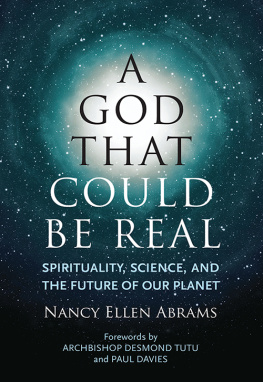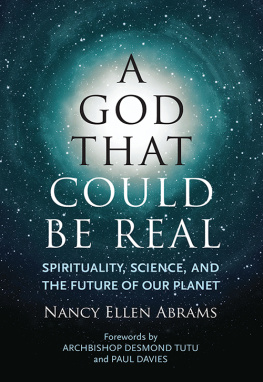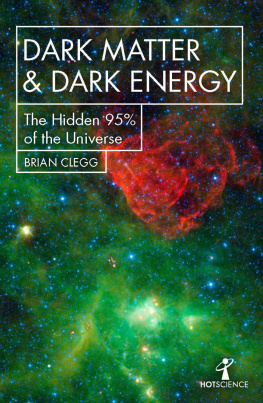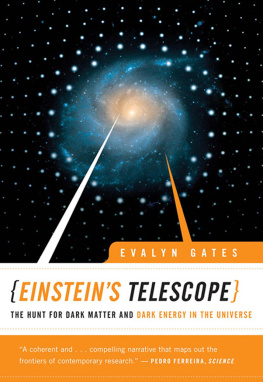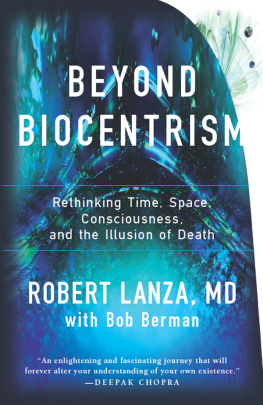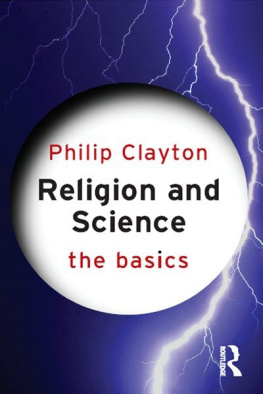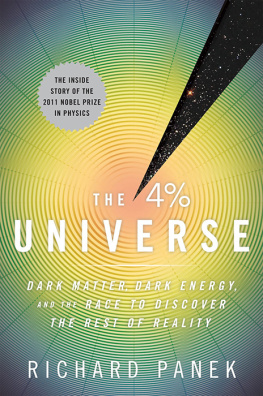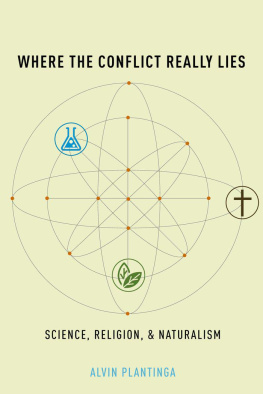Nancy Abrams - A God That Could Be Real: Spirituality, Science, and the Future of Our Planet
Here you can read online Nancy Abrams - A God That Could Be Real: Spirituality, Science, and the Future of Our Planet full text of the book (entire story) in english for free. Download pdf and epub, get meaning, cover and reviews about this ebook. year: 2015, publisher: Beacon Press, genre: Religion. Description of the work, (preface) as well as reviews are available. Best literature library LitArk.com created for fans of good reading and offers a wide selection of genres:
Romance novel
Science fiction
Adventure
Detective
Science
History
Home and family
Prose
Art
Politics
Computer
Non-fiction
Religion
Business
Children
Humor
Choose a favorite category and find really read worthwhile books. Enjoy immersion in the world of imagination, feel the emotions of the characters or learn something new for yourself, make an fascinating discovery.
- Book:A God That Could Be Real: Spirituality, Science, and the Future of Our Planet
- Author:
- Publisher:Beacon Press
- Genre:
- Year:2015
- Rating:3 / 5
- Favourites:Add to favourites
- Your mark:
A God That Could Be Real: Spirituality, Science, and the Future of Our Planet: summary, description and annotation
We offer to read an annotation, description, summary or preface (depends on what the author of the book "A God That Could Be Real: Spirituality, Science, and the Future of Our Planet" wrote himself). If you haven't found the necessary information about the book — write in the comments, we will try to find it.
Many people are fed up with the way traditional religion alienates them: too easily it can perpetuate conflict, vilify science, and undermine reason. Nancy Abrams, a philosopher of science, lawyer, and lifelong atheist, is among them. And yet, when she turned to the recovery community to face a personal struggle, she found that imagining a higher power gave her a new freedom. Intellectually, this was quite surprising.
Meanwhile her husband, famed astrophysicist Joel Primack, was helping create a new theory of the universe based on dark matter and dark energy, and Abrams was collaborating with him on two books that put the new scientific picture into a social and political context. She wondered, Could anything actually exist in this strange new universe that is worthy of the name God?
In A God That Could Be Real, Abrams explores a radically new way of thinking about God. She dismantles several common assumptions about God and shows why an omniscient, omnipotent God that created the universe and plans what happens is incompatible with sciencebut that this doesnt preclude a God that can comfort and empower us.
Moving away from traditional arguments for God, Abrams finds something worthy of the name God in the new science of emergence: just as a complex ant hill emerges from the collective behavior of individually clueless ants, and just as the global economy emerges from the interactions of billions of individuals choices, God, she argues, is an emergent phenomenon that arises from the staggering complexity of humanitys collective aspirations and is in dialogue with every individual. This God did not create the universeit created the meaning of the universe. Its not universalits planetary. It cant change the world, but it helps us change the world. A God that could be real, Abrams shows us, is what humanity needs to inspire us to collectively cooperate to protect our warming planet and create a long-term civilization.
Nancy Abrams: author's other books
Who wrote A God That Could Be Real: Spirituality, Science, and the Future of Our Planet? Find out the surname, the name of the author of the book and a list of all author's works by series.

